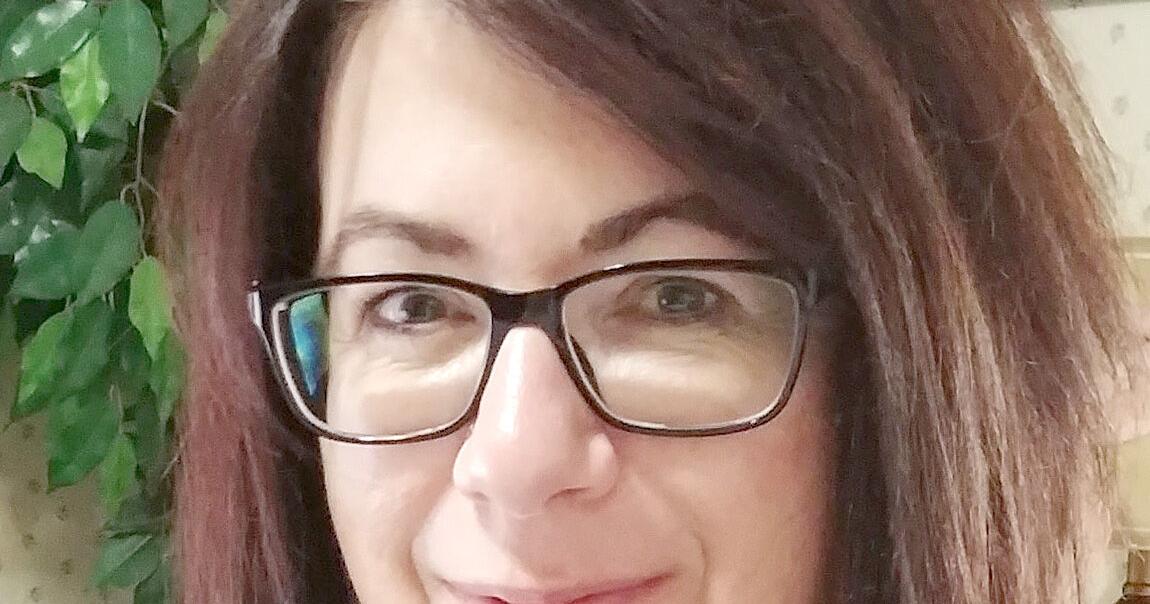

As the season of remembrance approaches, many individuals take the time to visit cemeteries to honor their ancestors. This practice often involves bringing flowers or gardening tools to clean and maintain gravesites, but there is an additional opportunity for those interested in genealogy. While paying respects, visitors can contribute to a meaningful project that aids others in tracing their family histories.
BillionGraves, a nonprofit organization dedicated to the digital preservation of gravestones, has developed a platform that facilitates this effort. The initiative aims to collect and preserve images of gravestones from around the world, with a goal of reaching at least one billion gravestone images. To date, volunteers have uploaded millions of GPS-tagged photographs from over 120 countries, creating a valuable resource for genealogists and historians alike.
This growing database is significant for various reasons. First, it provides an accessible way for individuals to research their family histories without the need to travel extensively. With just a few clicks, users can explore gravesites and locate information that may be pivotal to their ancestry research. The visual and geographic data associated with each gravestone enhances the research experience, making it easier to find relatives or learn about one’s lineage.
Not only does BillionGraves serve as a helpful tool for individual researchers, but it also fosters a sense of community among volunteers. Individuals who participate in the project come from diverse backgrounds, yet they share a common goal: to help others discover their roots. By contributing time and effort to photograph gravestones in their local cemeteries, volunteers can ensure that important historical information is preserved for future generations.
Moreover, the venture aligns with the broader trend of digital archiving and historical preservation. As society becomes increasingly reliant on technology, initiatives like BillionGraves highlight the importance of safeguarding historical data that might otherwise be lost to time. This digital archive not only serves current genealogical research needs, but it also creates a historical record for future scholars and family historians.
In summary, while tending to the graves of loved ones, individuals have the unique opportunity to assist in a global endeavor that preserves and democratizes access to ancestral knowledge. By participating in BillionGraves, they can play a pivotal role in shaping the future of genealogical research, ensuring that the legacies of the departed continue to inform and inspire.




